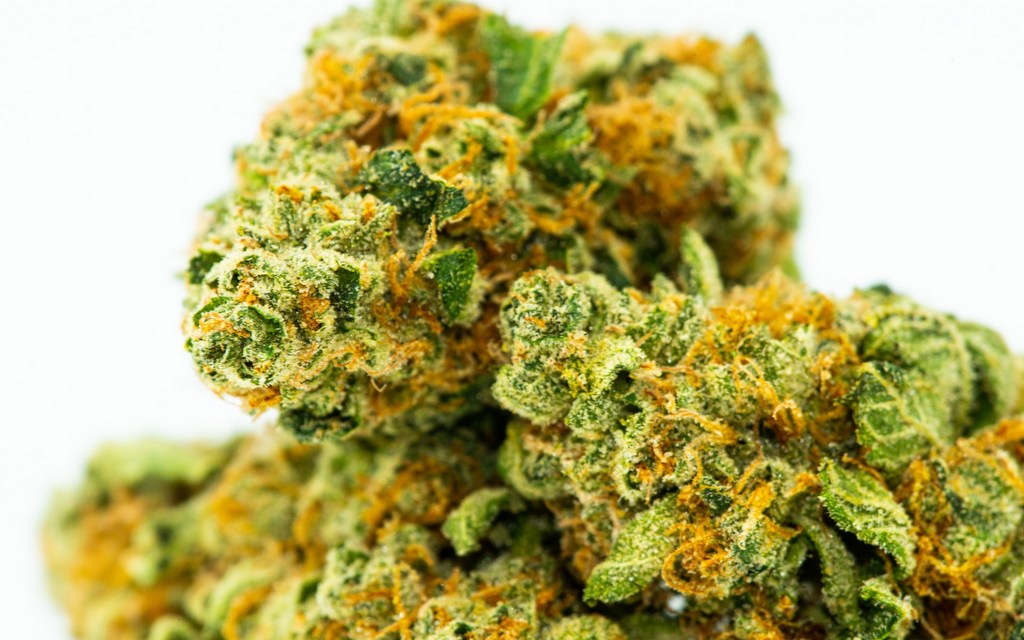 CBD vs THC?
CBD vs THC?
CBD is like a sister or a brother to THC, but each cannabinoid reacts differently to the human body. CBD does not have the psychoactive qualities of THC.
That is to say, it does not provoke a high similar to that of THC. Cannabidiol influences the human body in several ways, beneficial to our health. However, the two cannabinoids have a similarity.
Where does CBD come from, Cannabis or Hemp?
Even though it technically comes from both, hemp is the source of the highest concentration of Cannabidiol. Hemp is cannabis sativa subspecies that is related to commercial industries.
Due to modern breeding combined with natural selection ideas, hemp characterizes a chemical structure with low THC and high CBD. Cannabis is also considered, but only those varieties bred explicitly for CBD content.

How do CBD works?
Every cannabinoid works through a unique interaction with the human endocannabinoid system (ECS).
These receptors are present in all humans and are responsible for balanced state maintenance.
The body is well equipped to handle disorders, modern living challenges, and even diseases with a balanced biological approach.
When the cannabinoid receptors in our body cells bind with the cannabinoids, ECS is activated.
These receptors are like gatekeepers, the proteins fixed in cells to control chemical signals, showing them everything to do.
They don’t, however, act on their own. The action of these CB receptors depends on two factors; the cannabinoid interacting and where they are located.
Receptors are specific depending on the cannabinoid they bind. It is a lock and key mechanism.
If receptors detect cannabinoids matching the shape of their lock, they will activate. Through these entrances, cannabinoids get to influence our bodies in different ways.
What makes CBD different from THC are the CB receptors they activate. For instance, THC activates the CB1 receptors found in the brain,
central nervous, and digestive systems hence the massive high. CBD, on the other hand, activates CB2 receptors existing prevalently in humans’ immune systems


You must be logged in to post a comment.